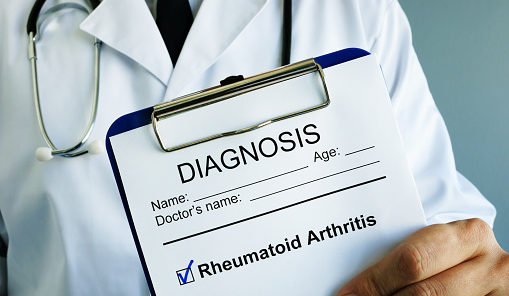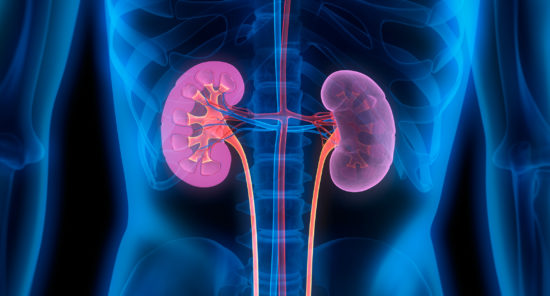August 11 is Annual Medical Checkup Day, a yearly reminder of the importance of regular routine visits to maintain good health and prevent serious disease.
Why Are Annual Checkups Important?
The annual checkup is an opportunity for patients to meet with their physicians and communicate any current concerns, test for potential issues, and make sure the patient is in good health. Many diseases, including cancers, have improved outcomes when identified and treated early. Regular checkups let patients proactively manage their health.
“Regular health exams and tests can help find problems before they start or find problems early, when your chances for treatment are better,” wrote Medline Plus, via Twitter.
What Happens at a Checkup?
Recommendations for what is necessary during your physical exam vary. For adults aged >18 years, Medline Plus recommends regular visits to screen for issues, assess risk of future problems, discuss healthy lifestyle choices, update vaccinations, and create a patient-provider relationship in case of illness.
Health Screening Recommendations for Adults
Adults should receive a physical exam, which includes measurement of height, weight, and body mass index (BMI). This is also an opportunity for the physician to ask about depression, diet and exercise, alcohol use, smoking, and other patient safety factors. Other recommendations for adults include:
- Blood pressure screening at least once every two years, or at least annually for patients with diabetes, heart disease, kidney problems, or other conditions
- Cholesterol screening, recommended starting at age 35 for men with no coronary heart disease risk factors and age 20 for men with coronary risk factors
- Diabetes screening, recommended for patients with blood pressure ≥130/80mm Hg, BMI ≥25, or other risk factors such as first-degree relatives with diabetes or heart disease
Get Up to Date on Immunizations
Annual exams are also a time to get up-to-date with necessary immunizations, including:
- an annual flu shot
- a tetanus-diphtheria and acellular pertussis (Tdap) vaccine at or after age 19, followed by a booster every 10 years
- the chickenpox vaccine
- the measles, mumps, and rubella vaccine
- the HPV vaccine if you are between 19 and 26 and have not yet received the vaccine
Other screens that may be included in an annual checkup include infection disease screening and testicular exam, if needed.
Regular Health Examinations for Women
For women, it is recommended to also undergo regular pelvic exams, Pap tests to screen for cervical cancer, and clinical breast exams to screen for breast cancer. Mammograms and tests for Human papillomavirus (HPV) may also be recommended for certain women.
Additional Screening Recommended for Older Adults
For adults aged ≥40 years, there are additional screening recommendations in addition to those listed above.
Cancer Screening
The American Cancer Society recommends adults without a family history of colorectal cancer begin screening at age 45. Visit the Colorectal Cancer Alliance website for more information regarding risk factors and screening for colorectal cancer. Colonoscopy is recommended once every 10 years; however, if you have a personal or familial history of colorectal cancer, a history of polyps, or ulcerative colitis, colonoscopy may be required more frequently.
Screening for lung cancer is also recommended for adults aged ≥55 years, with a 30 pack-year smoking history who currently smoke or have quit within the past 15 years.
Patients aged between 55 and 69 years may benefit from having a prostate specific antigen (PSA) test to screen for prostate cancer. If you are aged >55 years, you may benefit from prostate cancer screening if you have a familial history of prostate cancer or are African American.
Osteoporosis Screening
Older adults may also undergo screening for osteoporosis if they are aged 50-70 years and have risk factors, including:
- long-term steroid use
- low body weight
- smoking
- heavy alcohol use
- fracture after age 50
- family history of osteoporosis
Checkups for Children and Adolescents
Children and adolescents also require regular health exams in order to monitor their development and changes in their health. For information on what to expect at your child’s checkups from when they are a newborn on, visit Nemours KidsHealth. The KidsHealth website also offers resources about annual checkups for adolescents aged between 13 and 18, including health risk factors in this age group.
Credit: Original article published here.










